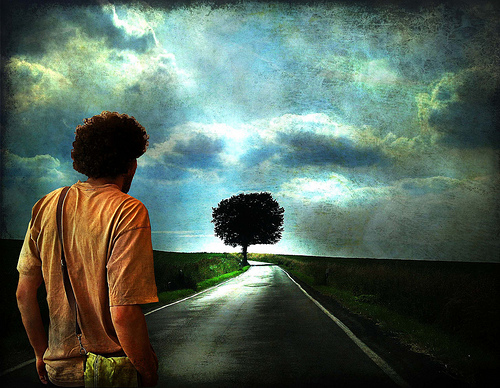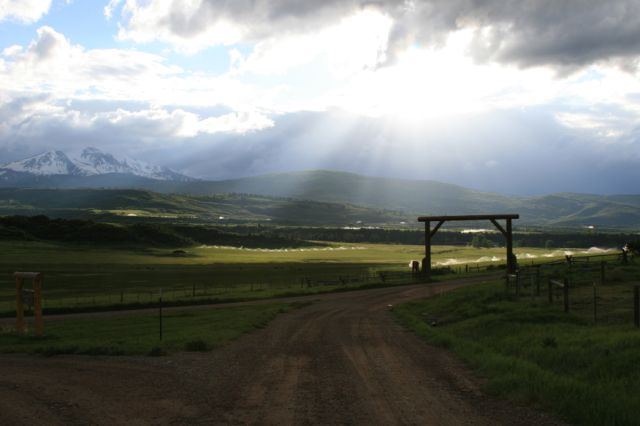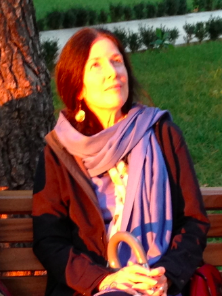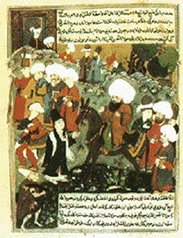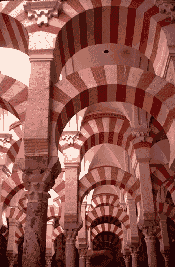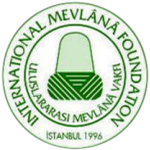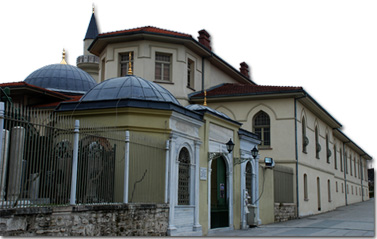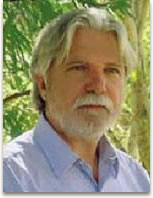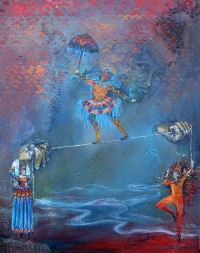Claim Nothing, Let the Divine Do
This theme is an advanced teaching. It presumes that we have to some extent developed a healthy capacity for will. By will we mean the capacity to choose consciously; and will power is the capacity to follow through on what we have consciously chosen. Only then can we glimpse the meaning of “Claim nothing, let the Divine do.” A healthy will is a will that more often than not chooses what is good for the soul and is independent of the whims and desires of the lower self. It is at this stage that this theme becomes applicable.



